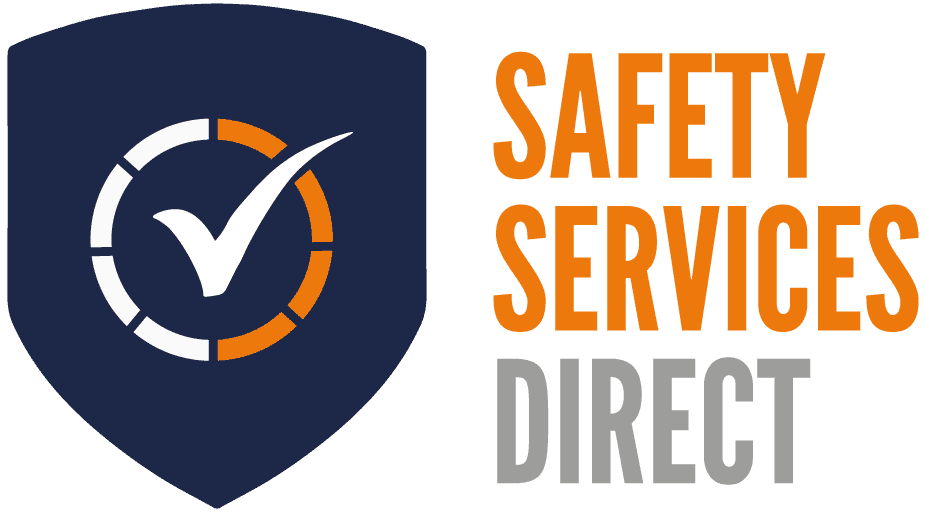Updated: 07/07/2023
Drug and alcohol abuse in the workplace is more common than you would probably like to think – it’s a prevalent issue that demands attention. Having a clear drug and alcohol workplace policy (written up and distributed to employees) is crucial for creating a safe environment. This blog explores the importance of such policies, outlines the key elements to include, and addresses the potential grey areas that may arise.
What is a Drug & Alcohol Policy for the Workplace?
A drug and alcohol workplace policy is a set of guidelines and rules implemented by an organisation to address issues related to drug and alcohol use by employees. It typically includes provisions for a drug-free and alcohol-free workplace, outlines prohibited behaviours, explains the consequences of violating the policy, and may offer assistance programs for employees struggling with substance abuse. The policy aims to promote a safe and healthy work environment while ensuring compliance with legal and ethical standards.
Understanding the Need For Drug & Alcohol Policies in the Workplace
Substance abuse can negatively impact the workplace, leading to impaired judgment, decreased productivity, accidents, conflicts, and low morale. It puts not only the user at risk but also other employees and any visitors or guests that on the premises.
Employers have a duty of care to prioritise employee safety, and implementing a policy addresses these risks through education, prevention, testing, and support programs. By recognising the impact, complying with regulations, and prioritising safety, organisations can create effective policies that foster a healthier work environment.
What Should Be Included in a Drug and Alcohol Workplace Policy?
A comprehensive Drug and Alcohol Workplace Policy in the UK should include several elements such as the policy’s purpose, definitions and scope, prohibited substances, consequences for policy violations, and actions to be taken.
Policy Statement and Purpose
The policy statement should emphasise the organisation’s commitment to maintaining a drug- and alcohol-free workplace, as well as the business’s commitment to ensuring the health, safety and productivity of its staff. It should also highlight compliance with UK legislation, including the Health and Safety at Work Act 1974 and the Misuse of Drugs Act 1971.
The Misuse of Drugs Act 1971 states that it’s an offence for someone to knowingly permit the production, supply, or use of controlled drugs on their premises except in specified circumstances (e.g. prescription drugs). This information makes it clear to employees that their employer cannot ignore drug use at work, as it is recognised as an illegal act under criminal law, and consequences will follow if the employer is found guilty of negligence.
Definitions and Scope
Provide clear definitions of terms such as “drug” and “alcohol” to avoid ambiguity. Specify the policy’s scope, including its applicability to all employees, contractors, and visitors on company premises or engaged in company-related activities.
Prohibited Substances and Activities
Explicitly list prohibited substances, including illegal drugs and unauthorised use of prescription medications. Outline forbidden activities such as being under the influence of drugs or alcohol while on duty or operating company machinery.
Testing Procedures and Frequency
Outline drug and alcohol testing procedures, including the types of tests to be conducted (e.g., urine, breathalyser) and the circumstances under which testing may be required (e.g., reasonable suspicion, post-accident). Specify the frequency of testing, ensuring compliance with relevant UK legislation such as the Employment Rights Act 1996 and the General Data Protection Regulation (GDPR). Additionally, the drug and alcohol workplace policy should also stipulate the stance that the company will take on those who refuse to be tested.
Consequences for Policy Violations
Clearly state the disciplinary actions that will be taken for policy violations. This may include verbal or written warnings, suspension, termination, or referral to law enforcement authorities, depending on the severity and frequency of the offence. Clarify whether drug or alcohol abuse is considered ‘gross misconduct’ and the potential steps that can result in dismissal.
Rehabilitation and Assistance Programs
The policy should address the organisation’s commitment to supporting employees who seek assistance for drug or alcohol-related issues. Outline available rehabilitation programs, counselling services, and employee assistance programs. Emphasise confidentiality and the importance of seeking help.
Confidentiality and Privacy Considerations
Address confidentiality and privacy concerns related to drug and alcohol testing and treatment. Ensure that test results are handled confidentially, shared only with authorised individuals on a need-to-know basis, and compliant with the GDPR and other applicable data protection laws.
It may also be useful to include guidance on how employees can identify and report suspected drug or alcohol use in the workplace, referencing any existing whistle-blowing policy you have in place to ensure a clear reporting procedure.
Are there ‘Grey Areas’ with Drug & Alcohol Workplace Policies?
The biggest problem with a Drug and Alcohol Policy is that every situation will be different, and it may need to be treated on a case-by-case basis. For example, one employee may be suffering from mental health issues outside of work and self-medicating with alcohol which has now seeped into their working day. You may choose to take a more sympathetic stance towards this than you would someone who is going out drinking every other night and turning up at work drunk.
If you do decide that each case of drug or alcohol abuse will need to be treated in relation to the specific circumstances, then this should be clearly written in your policy; otherwise, you could be accused of treating your employees unequally.
You may also have a different policy for alcohol use than for drugs, as alcohol is considered more acceptable, and some companies even purchase alcohol for their employees as a reward or consume alcohol on-site as an incentive for hitting targets. You may even come across addictions to prescription drugs which are considered a disability, whereas alcohol is not.
These kinds of ‘grey areas’ will need to be addressed in your policy too. A great way to start educating yourself and your employees on the dangers of substance abuse and company policies is to take our Online Drug and Alcohol Awareness Training Course. Taking this course will equip you with the knowledge, skills, and awareness needed to effectively address substance abuse in the workplace effectively.
Final Thoughts on Drug & Alcohol Workplace Policies
Crafting a robust drug and alcohol workplace policy is essential for fostering a safe and productive work environment. It sets clear expectations, defines prohibited behaviours, outlines consequences, and offers support to employees struggling with substance abuse.
While grey areas may arise due to varying circumstances, addressing them in the policy ensures fairness and consistency. Training can also promote awareness and ensure you and your employees have the knowledge and skills to effectively tackle substance abuse in the workplace.










